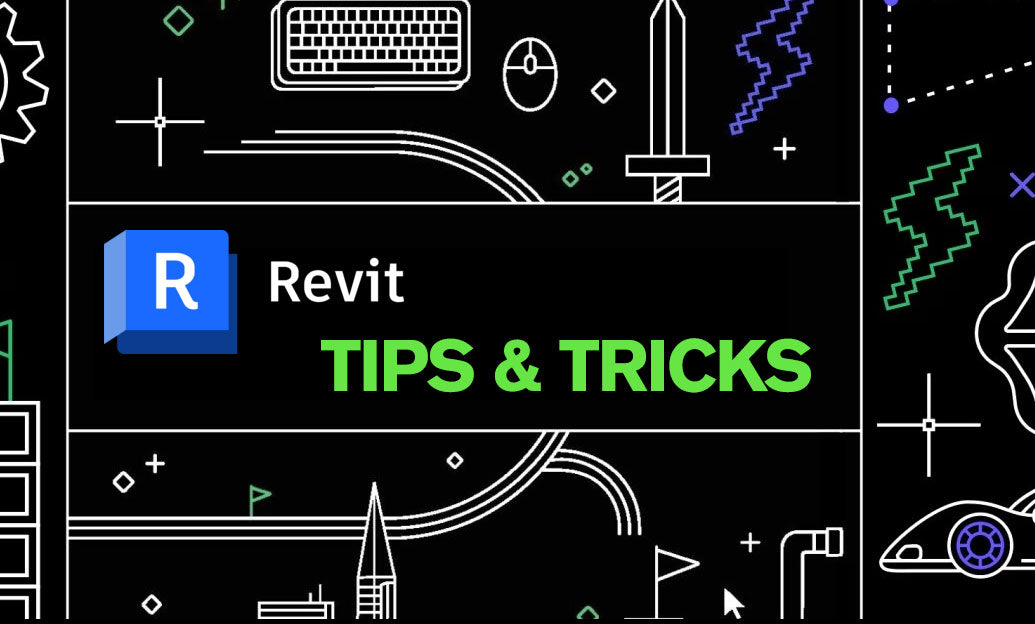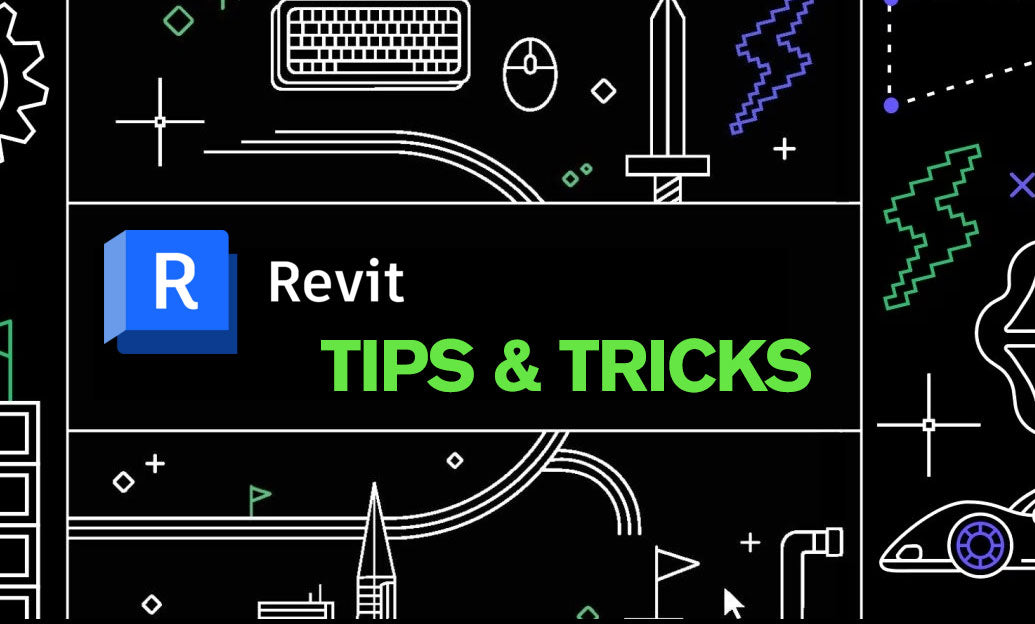Your Cart is Empty
Customer Testimonials
-
"Great customer service. The folks at Novedge were super helpful in navigating a somewhat complicated order including software upgrades and serial numbers in various stages of inactivity. They were friendly and helpful throughout the process.."
Ruben Ruckmark
"Quick & very helpful. We have been using Novedge for years and are very happy with their quick service when we need to make a purchase and excellent support resolving any issues."
Will Woodson
"Scott is the best. He reminds me about subscriptions dates, guides me in the correct direction for updates. He always responds promptly to me. He is literally the reason I continue to work with Novedge and will do so in the future."
Edward Mchugh
"Calvin Lok is “the man”. After my purchase of Sketchup 2021, he called me and provided step-by-step instructions to ease me through difficulties I was having with the setup of my new software."
Mike Borzage
Revit Tip: Optimizing Revit Model Review: Best Practices for Accuracy and Collaboration
May 27, 2025 2 min read

Effective model reviews are essential for ensuring the accuracy and quality of your Revit projects. Implementing best practices can streamline the process, reduce errors, and enhance collaboration among team members. Here are key strategies to optimize your Revit model review process:
-
Establish Clear Standards:
- Define model naming conventions, view templates, and annotation standards.
- Ensure all team members are familiar with these standards to maintain consistency.
-
Utilize Worksets Effectively:
- Organize your model into logical worksets to manage visibility and improve performance.
- This facilitates targeted reviews and minimizes conflicts during collaboration.
-
Leverage View Filters and Templates:
- Create view filters to highlight critical elements, such as clashes or critical paths.
- Use view templates to apply consistent settings across multiple views, ensuring uniform review standards.
-
Implement Clash Detection:
- Regularly use Revit’s interference checking tools to identify and resolve clashes early in the design process.
- Addressing conflicts proactively reduces rework and maintains project timelines.
-
Conduct Regular Coordination Meetings:
- Schedule frequent review sessions with all stakeholders to discuss model updates and address issues collaboratively.
- Use these meetings to ensure alignment and clarity across the project team.
-
Use Revision Tracking:
- Maintain a log of changes and revisions to monitor model development and ensure accountability.
- Revit’s built-in revision tools can help track modifications systematically.
-
Optimize Model Performance:
- Regularly audit and purge unused elements to keep the model clean and efficient.
- An optimized model enhances review speed and overall performance.
-
Implement Digital Collaboration Tools:
- Utilize platforms like NOVEDGE for seamless collaboration and model sharing.
- These tools facilitate real-time updates and feedback, enhancing the review process.
-
Provide Comprehensive Documentation:
- Ensure that all elements of the model are well-documented with clear annotations and schedules.
- Comprehensive documentation aids reviewers in understanding the project context and details.
-
Train Your Team:
- Invest in regular training sessions to keep your team updated on Revit features and best practices.
- A well-trained team can conduct more effective and efficient model reviews.
-
Continuous Improvement:
- Solicit feedback after each review cycle to identify areas for improvement.
- Adapt and refine your review processes to enhance effectiveness over time.
By adopting these best practices, you can ensure thorough and efficient Revit model reviews, leading to higher quality projects and smoother workflows. For more insights and advanced tips on optimizing your Revit workflows, visit NOVEDGE.
You can find all the Revit products on the NOVEDGE web site at this page.
Also in Design News

Cinema 4D Tip: Cinema 4D Takes for Per‑Shot Material Overrides
January 08, 2026 2 min read
Read More
Revit Tip: Revit Journal Management for Faster Issue Resolution
January 08, 2026 2 min read
Read MoreSubscribe
Sign up to get the latest on sales, new releases and more …



